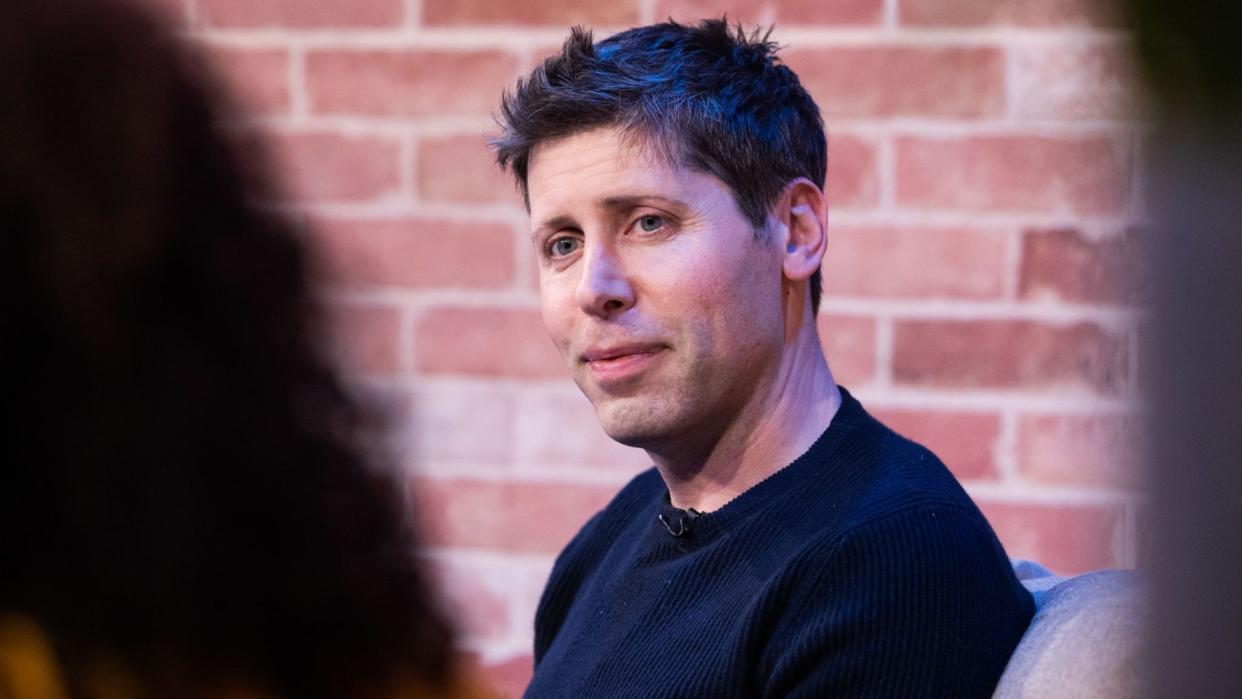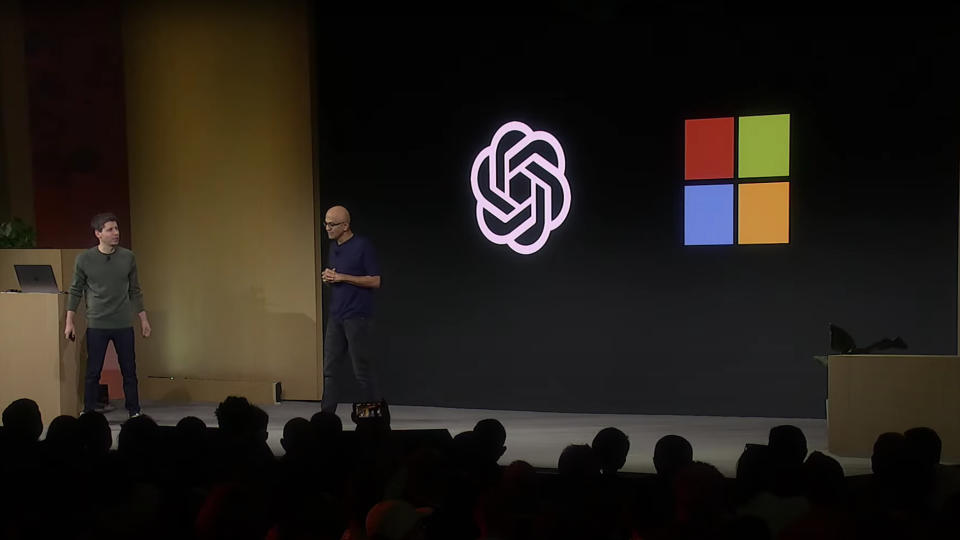An ex-OpenAI board member says reports of psychological abuse, coupled with lack of communication on ChatGPT’s existence, fueled Sam Altman's firing as CEO

What you need to know
Ex-OpenAI board members disclosed more details about Sam Altman's ouster as CEO in November 2023.
Two reports filed by two OpenAI executives citing psychological abuse, which led to a "toxic atmosphere" at the company, fueled Altman's firing.
The former board members say there's a need for regulation to promote safety and privacy, as OpenAI aims for superintelligence AGI.
New details regarding last year's OpenAI fiasco that led to the board of directors firing and reinstating Sam Altman as the ChatGPT maker's CEO within four days have emerged. Until now, these details leading up to these unsettling events have remained slim at best, but while appearing in The Ted AI Show podcast, former OpenAI board member Helen Toner shed more light on the situation.
Toner revealed the OpenAI board members discovered ChatGPT's existence via X (formerly Twitter). In retrospect, Altman's firing was backed by claims that he was "consistently candid in his communications with the board."
The former OpenAI board member disclosed that Altman's ousting was fueled by two reports filed by two OpenAI executives citing psychological abuse, which led to a "toxic atmosphere" at the company (via Reuters). Toner revealed that the claims by the executives were backed up by multiple screenshots that chronologically documented instances of the "psychological abuse."
While OpenAI has yet to provide an official comment following the former board member's claims, it pointed to a statement issued by OpenAI's current chair Bret Taylor provided to The Ted AI Show. The statement indicated that a review had been conducted to investigate the events that led to Altman's ousting.
"We are disappointed that Miss Toner continues to revisit these issues...The review concluded that the prior board's decision was not based on concerns regarding product safety or security, the pace of development, OpenAI's finances, or its statements to investors, customers, or business partners."
In the days leading to Altman's reinstatement, more than 500 employees had threatened to leave OpenAI if the board didn't rehire Altman as CEO. In unison, multiple OpenAI staffers shared a post on X stating, "OpenAI is nothing without its people." At the time, Microsoft was reportedly getting ready to absorb Sam Altman and Greg Brockman into its new AI division domiciled at its LinkedIn offices in San Francisco, alongside the staffers on their way out from the startup.
Why would OpenAI staffers request the board to reinstate Altman as CEO, amid claims of psychological abuse? Toner reveals that the employees were informed that the company would flop without Altman's input and presence in the company. Some employees who didn't necessarily support Altman's reinstatement feared retaliation, as his return to the company almost seemed certain.
OpenAI can't be trusted to run itself

Helen Toner and Tasha McCauley served as OpenAI board members before stepping down in November during the OpenAI fiasco that led to Altman's firing and reinstatement as CEO. Both Toner and McCauley have openly criticized OpenAI and indicated that it can't be trusted to run by its own rules, pointing to the need for regulation (via Business Insider).
Speaking on Altman's reinstatement, Toner and McCauley indicated:
"We also feel that developments since he returned to the company —including his reinstatement to the board and the departure of senior safety-focused talent — bode ill for the OpenAI experiment in self-governance."
Interestingly, OpenAI CEO Sam Altman has shown interest in an international agency that would be in place to safety test its AI advances like an aircraft. Altman says this will help prevent the global harm these advances could cause humanity.


